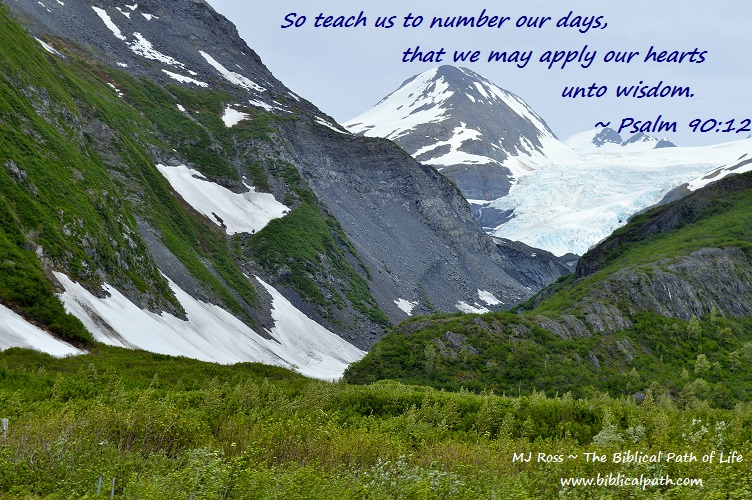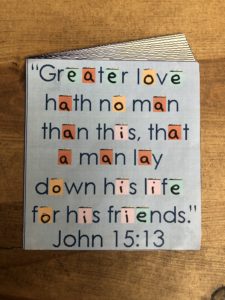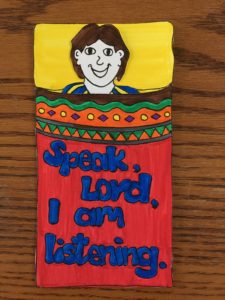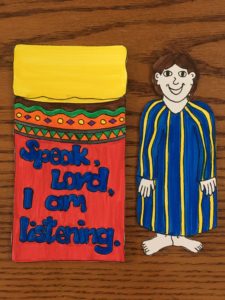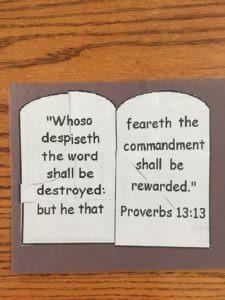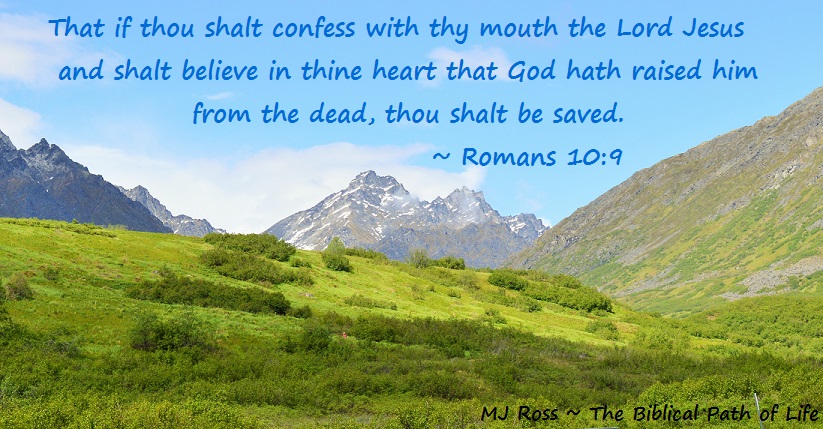
Romans 10:9
Everyone knows John 3:16: “For God so loved the world, that he gave his only begotten Son, that whosoever believeth in him should not perish, but have everlasting life.” This is undoubtedly the greatest gift anyone could receive. God offered His only Son to mankind. However, most people do not understand this gift.
Because of the sin of man, there is a separation between God and man. God cannot look upon sinful man. Nevertheless, God sent His only Son to take the penalty for that sin, to allow restoration of the separation that man caused. This restoration could only come by the death of Jesus, God’s Son, on the cross. So, Jesus willingly came, lived a perfect life, laid down His life in the death on the cross, and took His life back up again. He is now seated in heaven next to God on His throne.
In an amazing prayer of Jesus right before He died upon the cross, Jesus declared that He came to glorify God. “These words spake Jesus, and lifted up his eyes to heaven, and said, Father, the hour is come; glorify thy Son, that thy Son also may glorify thee” (John 17:1). Glorify means “to reveal the divine character and attributes of God.” Jesus did that. Everything Jesus did revealed God to mankind from the perfect life that He lived to His suffering death for sinners. Why would Jesus be willing to do all of that? Continue reading His prayer in the garden: “2. As thou hast given him power over all flesh, that he should give eternal life to as many as thou hast given him. 3. And this is life eternal, that they might know thee the only true God, and Jesus Christ, whom thou hast sent” (John 17:2-3). Jesus gave His life on the cross to restore that separation caused by man because of sin and to give eternal life to anyone who would receive this gift. There is only one “work” that a person must do to become a Christian. “Jesus answered and said unto them, This is the work of God, that ye believe on him whom he hath sent” (John 6:29). One must believe on Jesus, whom God sent.
Jesus prayed for Himself and what He was about to do (His death upon the cross), for His disciples, and finally, He prayed for any who would believe upon Him. However, there is something very interesting found in John chapter seventeen that needs to be understood.
What could be so important? The gift that God gave to Jesus. God gave to Jesus the people who chose to believe in Jesus and the work He did on the cross. They are Believers (Christians), the ones who accepted the free gift of God. Take note of the following: Believers (Christians) are God’s gift to His Son, Jesus. Read the following excerpts from verses in Jesus’ prayer found in John 17:
- “…to as many as thou hast given him” (John 17:2).
- “…the men which thou gavest me out of the world: thine they were, and thou gavest them me …” (John 17:6).
- “… I pray not for the world, but for them which thou hast given me …” (John 17:9).
- “…keep through thine own name those whom thou hast given me, that they may be one… those that thou gavest me I have kept, and none of them is lost …” (John 17:11-12).
- “…I will that they also, whom thou hast given me, be with me where I am …” (John 17:24).
However, the best one is the following verse: “Neither pray I for these alone, but for them also which shall believe on me through their word” (John 17:20). Jesus knew that I would one day believe on Him, and He prayed for me in the garden that night. Moreover, He knew that I would be a gift to Him from His Father, God.
Have you believed in Jesus, becoming a gift from God to Jesus?
